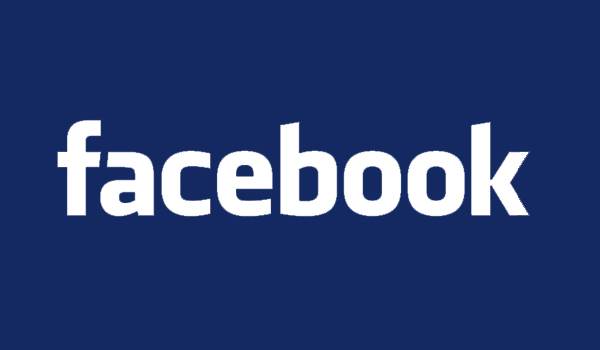A solar-powered airplane finished crossing the United States on Saturday, landing in New York City after flying over the Statue of Liberty during its historic bid to circle the globe, the project team said. The spindly, single-seat experimental aircraft, dubbed Solar Impulse 2, arrived at New York's John F. Kennedy International Airport at about 4 a.m. local time after it took off about five hours beforehand at Lehigh Valley International Airport in Pennsylvania, the team reported on the airplane's website. Such a pleasure to land in New York! For the 14th time we celebrate sustainability," said the project's co-founder Andre Borschberg on Twitter after flying over the city and the Statue of Liberty during the 14th leg of the trip around the globe. The Swiss team flying the aircraft in a campaign to build support for clean energy technologies hopes eventually to complete its circumnavigation in Abu Dhabi, where the journey began in March 2015. The solar cr...
By the end of this week it could be illegal for any European child under 16 to use Facebook - or Snapchat or any messaging service - without the express consent of their parents. That, according to some interpretations, would be the result of a vote by an obscure committee to raise the digital age of consent from 13 to 16. I certainly didn't but I am told it is built into the decisions that many online firms make about the age they will allow people to join. In the United States a law called Coppa (Children's Online Privacy Protection Act) gives extra online protection to children under 13, and Europe has had a similar policy - which is why the likes of Facebook have not allowed children in until they become teenagers. Now, though, the European Parliament's civil liberties and home affairs committee is considering a change which is opposed both by social media firms and many child protection experts.
A last minute amendment to Europe's Data Protection Regulation, says this: "The processing of personal data of a child below the age of 16 years shall only be lawful if and to the extent that such consent is given or authorised by the holder of parental responsibility over the child." In other words, online firms that want to deal with anyone under 16 will have to make sure they get mum or dad's permission first. That according to several online safety experts, will make children more vulnerable not less. In an open letter to the committee they write that changingOthers argue that social media has provided a vital lifeline for troubled teenagers, and the risk is that they will not feel able to go online in search of help.
Now, there are plenty of children under 13 using Facebook and other social media sites, with and without parental consent, so it is worth asking whether raising the age limit will make a difference. But the social media companies and their lawyers certainly think it will make it much harder for responsible companies to police their sites. That is why a furious lobbying effort is going on to try to persuade European lawmakers, who meet today and vote on Thursday, to chuck out this amendment.
What is missing from this debate so far is anyone making powerful arguments in favour of raising the digital age of consent. Time, perhaps, for those voices to be heard. the age limit "would deprive young people of educational and social opportunities in a number of ways, yet would provide no more (and likely even less) protection."

Comments
Post a Comment